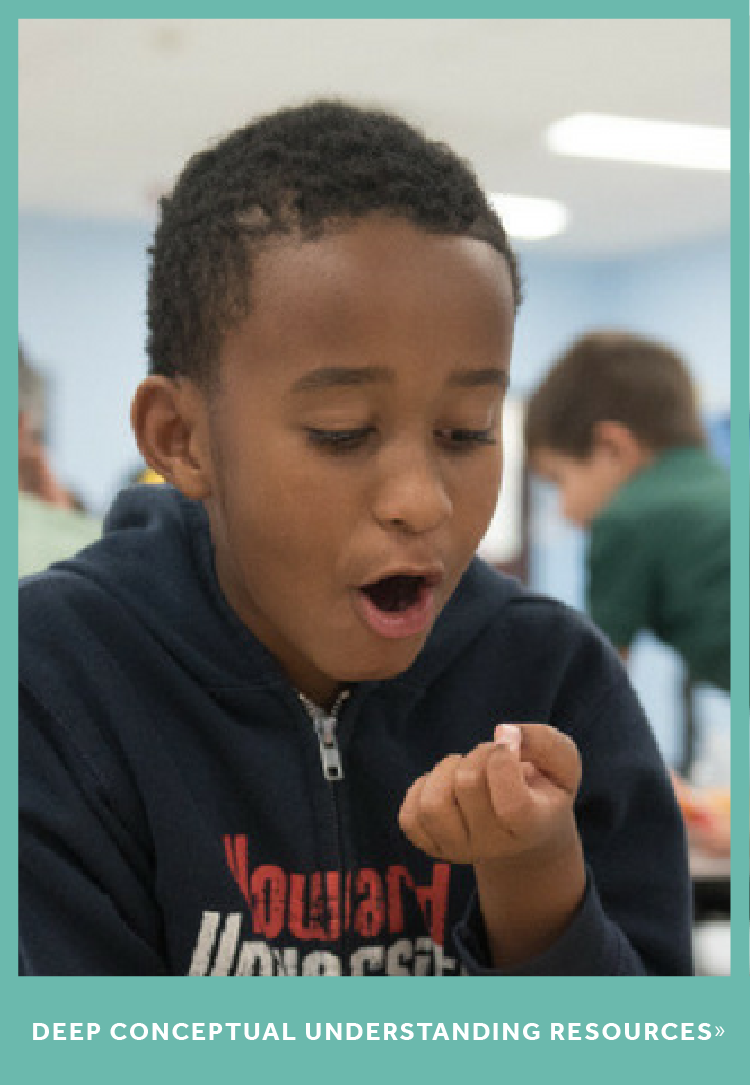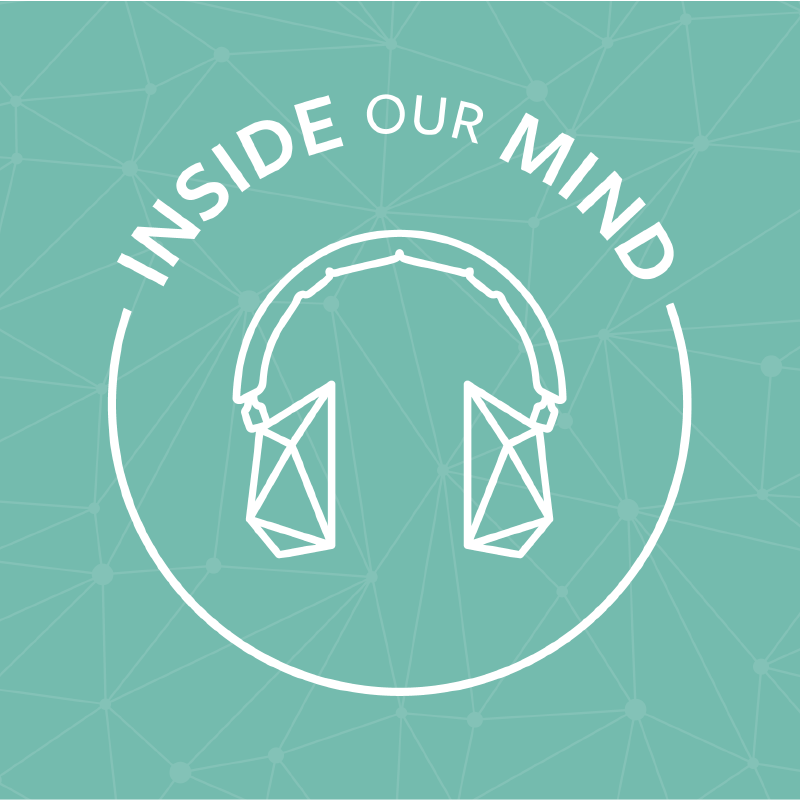
“How will a student know what to do?” Betty asked, staring at the game displayed on the iPad in front of her.
I responded, “Just like many other games, they’ll try something and see how it works. ST Math is about problem solving. It is crucial for students to learn that it is okay to fail in order to figure out a problem. Learning from mistakes is an important step in the learning process. Go ahead, try clicking something.”
Betty had stopped by the ST Math Information Booth at MIND’s recent Math Fair and we jumped right into solving some puzzles. It didn’t take long before we came across a problem that took a few unsuccessful attempts to solve.
I sensed her fear of not being able to answer it correctly. The helpful side of me wanted to tell her what to do but I forced myself to sit back and allow her to struggle. The feedback following every attempt informed her why the choice she made would or would not work to solve the puzzle; just what she needed to guide her in solving the problem. As she found success with each level, her excitement grew. At one point she cheered and turned to me for a high five.
Betty had just experienced the power of pushing past initial barriers to solve challenging problems. While watching Betty I was reminded of the important work I do daily as an Education Partnerships Manager for MIND Research Institute. To promote perseverance in problem solving for students, there are three questions that I recommend district and school administrators consider when reviewing different online programs for student use:
1. Does the program encourage students to engage in productive struggle?
While researching the role of struggle and failure in the learning process, I stumbled upon a presentation called "From Struggling to Learn to Learning to Struggle" by UCLA graduate student Veronica Yan. Veronica describes herself as the “smart kid” who always sat at the front of the class and she was someone who always found learning easy.
Eventually she realized learning only appeared easy because she was always avoiding what was hard. Through her research she discovered that sometimes the things that make learning feel easy are actually only creating an illusion of learning.
Finally Veronica Yan learned to place her trust in what she referred to as “desired difficulties” or what we refer to as productive struggle. Be sure that a program is not telling students how to do something, but encouraging them to figure out the problem on their own.
2. Is the feedback provided not only immediate and informative, but unique to the student’s response?
Be aware that many programs continue to support the claim that “practice makes perfect” even though people have disputed this belief over the years, including Madeline Hunter who states that practice actually makes “permanent.”
I can’t help but think back to the math worksheets I would pass out for students to complete, only to collect and grade them later and regretfully discover that some students didn’t answer a single question right. The feedback my students received was either a ‘check’ if correct or an ‘x’ if incorrect.
Practice that lacks immediate and informative feedback can be harmful and counterproductive and clearly, in my example of worksheets, a waste of time. Review carefully the type of feedback your programs provide. This can make or break the learning process.
3. What type of intrinsic motivation is built in to engage students?
There is nothing more satisfying than the feeling of joy after solving a challenging problem. However, all too often it is overshadowed by bells and whistles that take everyone’s eyes off the real prize.
External rewards and prizes, such as the collection of points that can be traded for online tokens, tend to reinforce behaviors in which students look for tricks and shortcuts for the tasks. On the other hand, intrinsic motivators reinforce and celebrate the persistence and hard work required to solve challenging problems.
The Power of Finding the Right Program
I don’t think any of us can dispute the importance of finding an effective program that leads to deeper learning. Betty experienced first-hand the power of struggle while interacting with a program that provided her with immediate and informative feedback. Her reward was feeling accomplished after solving difficult problems.
Through similar experiences in my lifetime I’ve learned that no matter how old you are and no matter what you are trying to learn, encountering struggle will lead to learning and desired results that can prevail for years to come. When you find a great program and make a commitment to implement it with fidelity, it will not only increase students’ chance for success, but in many cases that success will warrant a victory cheer and high five.

About the Author
Debora Stacker was an Education Partnerships Manager at MIND Research Institute. She taught elementary school for 12 years before making the move into the private and non-profit sectors.




.png)



Comment